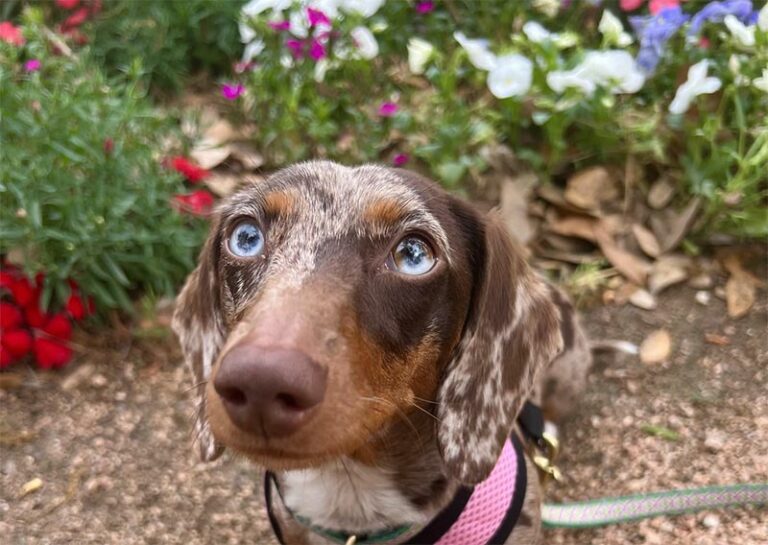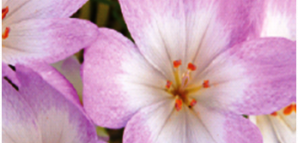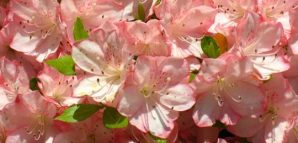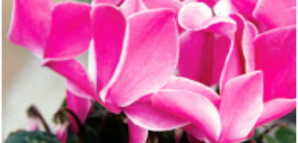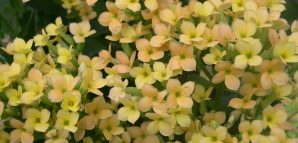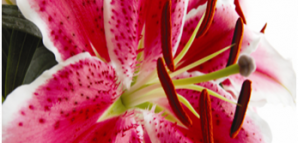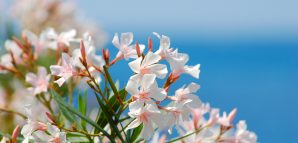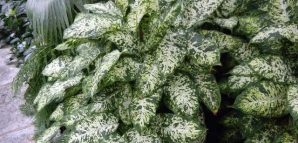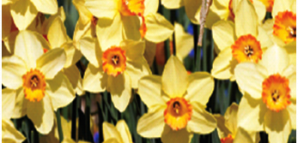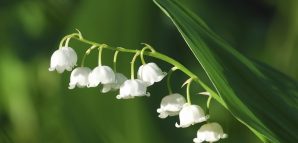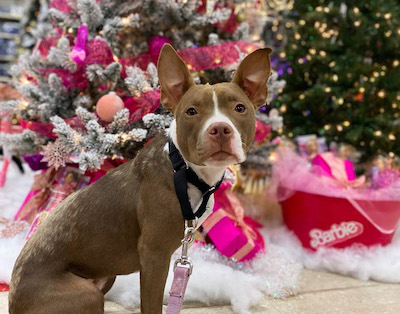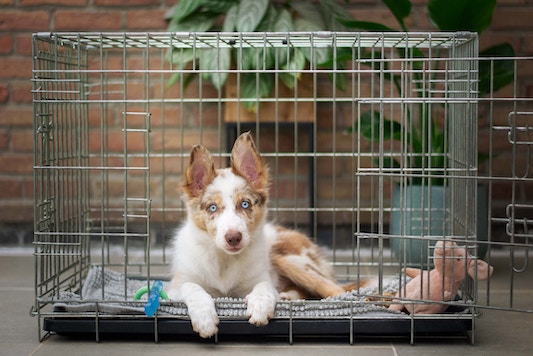Spring and Summer time are full of many seasonal events and holidays such as Easter and Mother’s Day, many of those involving beautiful blooming hedges, garden beds, and gifted flowers for loved ones. When you are at the store picking out that perfect bouquet for your mother or wife, or perfectly designing the landscaping for your new backyard, your dog is probably not the first thing that comes to mind. Many everyday flowers, as beautiful as they are, can actually pose a toxicity risk to your dog and other pets ranging from a mild upset stomach, to in more severe cases, death. We want you and your dog to be safe and also enjoy your holidays and seasonal events! To help with that, we are going to walk you through a list of the most common flower and plant offenders that you should keep an eye out for. After this read, check out our other training blogs where we discuss safety and management strategies and obedience commands that will keep everyone enjoying the season!
With the help of Pet Poison Hotline, we were able to put together a list of the top 10 most common flowers and plants. This list is a combination of both store bought florals and those found growing outside. With the help of this list, you can now identify these flowers and choose another option if and when possible for your home. If you’d like more details on the toxicity levels and symptoms for each plant, we recommend you head over to the link above.
For a more comprehensive list, we recommend to head over to ASPCA’s extensive and searchable list of Toxic and Non-Toxic Plants here.
*All most common toxic flower images below courtesy of Pet Poison Hotline
Most Common Toxic Flowers
Autumn Crocus & Spring Crocus
Spring Crocus
- Mild Toxicity
- Symptoms: Gastrointestinal upset including vomiting and diarrhea
Autumn Crocus:
- High Toxicity
- Symptoms: Severe vomiting, gastrointestinal bleeding, liver and kidney damage, and respiratory failure
Azalea
- High Toxicity
- Symptoms: Vomiting, diarrhea and excessive drooling. Ingestion of leaves or flowers needs immediate veterinary attention, otherwise the pet risks coma and possibly death
Cyclamen
- High Toxicity
- Symptoms: All parts but especially the roots of this flowering plant can cause severe vomiting and possibly death
Kalanchoe
- High Toxicity
- Symptoms: Vomiting, diarrhea and heart arrhythmias
Lilies
Peace, Peruvian, and Calla Lilies
- Mild Toxicity
- Symptoms: Irritation to the mouth, tongue, pharynx, and esophagus resulting in excessive drooling and sometimes gastrointestinal upset
Tiger, Day, Asiatic, Easter and Japanese Show Lilies
- Moderate Toxicity
- Symptoms: Oral irritation, vomiting, diarrhea, excessive drooling, decreased appetite
Trainer Tip: Lillies are LETHAL for cats – Just a few leaves can result in kidney failure.
Oleander
- High Toxicity
- Symptoms: severe vomiting, slowing of heart rate, and possibly death
Dieffenbachia
- Moderate Toxicity
- Symptoms: Severe oral irritation, excessive drooling, nausea, vomiting and difficulty swallowing
Daffodils
- High Toxicity
- Symptoms: Severe vomiting, diarrhea, abdominal pain, possible cardiac arrhythmias or respiratory depression, severe tissue irritation and drooling
Lily of the Valley
- High Toxicity
- Symptoms: Vomiting, diarrhea, a slowing heart rate, severe cardiac arrhythmias, and seizures
Sago Palm
- High Toxicity
- Symptoms: Vomiting, bloody stool, damage to the stomach lining, liver failure, and possibly death
Tulips and Hyacinths
- Moderate Toxicity
- Toxicity specifically in the bulbs of the plants – be careful with diggers!
- Symptoms: Mouth and esophagus irritation, excessive drooling, vomiting, diarrhea. In more severe cases of consumption – an increase in heart rate respiratory distress
As a reminder, these lists are only a partial list of poisonous plants to be on the look for. If you think your puppy has ingested anything of concern, please contact the ASPCA Animal Poison Control at 888-426-4435 or your veterinarian for immediate assistance.
